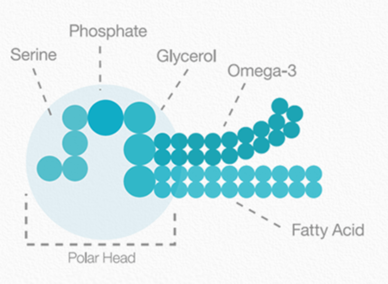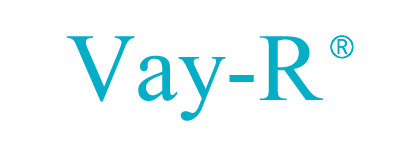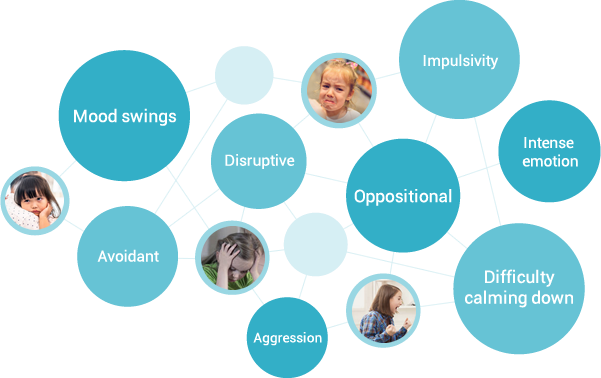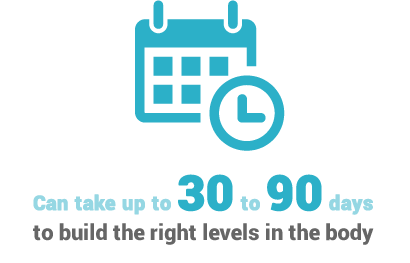

Vay-R® is a specially formulated lipid composition designed for brain development, so that “healthy” lipids can get across the blood brain barrier.
The nutritional formula of Vay-R® can help manage the lipid imbalances associated with children’s learning performance. Vay-R®’s unique structure is different from ordinary dietary supplements or over-the-counter products in the market. Eicosapentaenoic acid (EPA)-enriched PS-Omega-3 is a composition created through a special patented process to combine Phosphatidylserine (PS) and Omega-3, designed to travel to the brain and provide vital nutrients needed to manage the complex lipid deficiencies associated with learning performance. In a preclinical study comparing PS-Omega-3 to common Omega-3s found in fish oil and PS, our composition was shown to have increased brain bioavailability.1,2 Don’t cheat your brain out of getting what it really needs!
Vay-R® has been studied in a double-blind, placebo controlled, randomized clinical study in 162 children with lipid imbalances, and the results were published in a peer-reviewed journal. The study demonstrated the safety of Vay-R® and, in the 15-week open-label extension phase evaluating efficacy, Vay-R® was shown to have effectively reduced activity level and emotional instability, especially in children with more emotional dysregulation. Additionally, in a retrospective study evaluating 518 candidates with lipid deficiencies (average age 11), Vay-R® was shown to assist in improving functioning and reducing emotional dysregulation.3 Our unique PS-Omega-3 structure has shown to significantly increase the bioavailability of Omega-3 in rat brain, compared to using fish oil alone soy-PS and soy-PS combined with fish oil.1,2
 These behaviors can even be categorized as internal and external. Take a look below for some examples:
These behaviors can even be categorized as internal and external. Take a look below for some examples:
 PS-Omega-3 works as a building block in the brain, so consistent daily use is critical. Since lipid levels vary by individual, it can take up to 30 to 90 days to build up in the system. It is important to give Vay-R® the time it needs to be effective.
PS-Omega-3 works as a building block in the brain, so consistent daily use is critical. Since lipid levels vary by individual, it can take up to 30 to 90 days to build up in the system. It is important to give Vay-R® the time it needs to be effective.